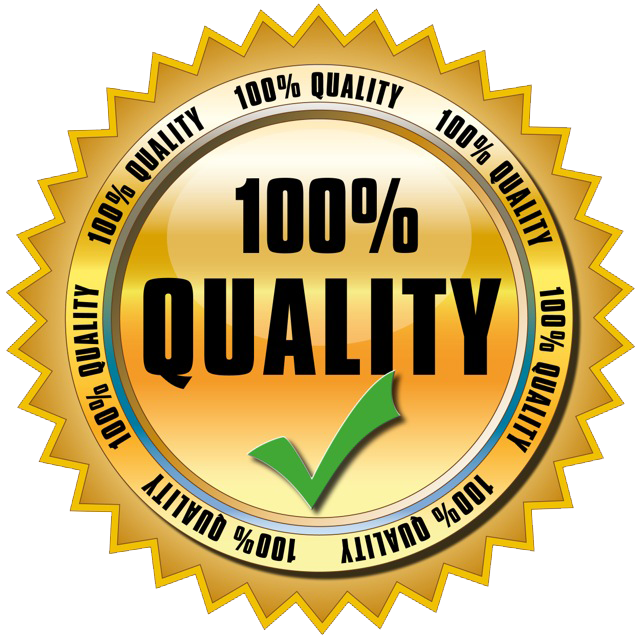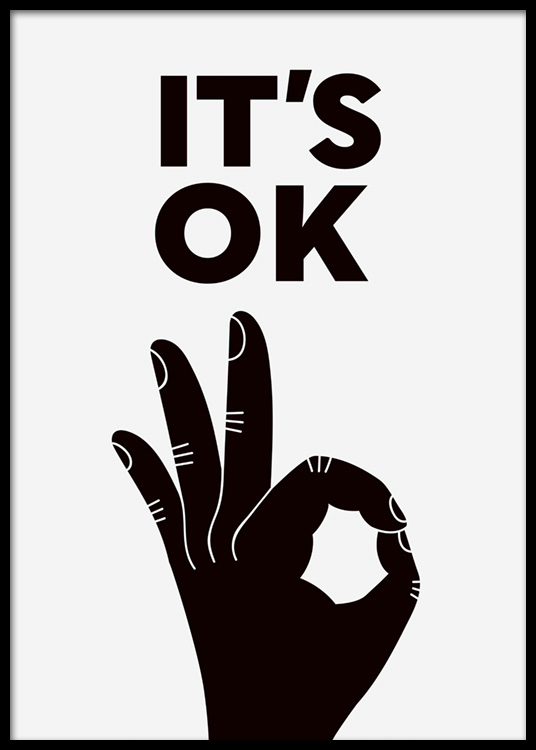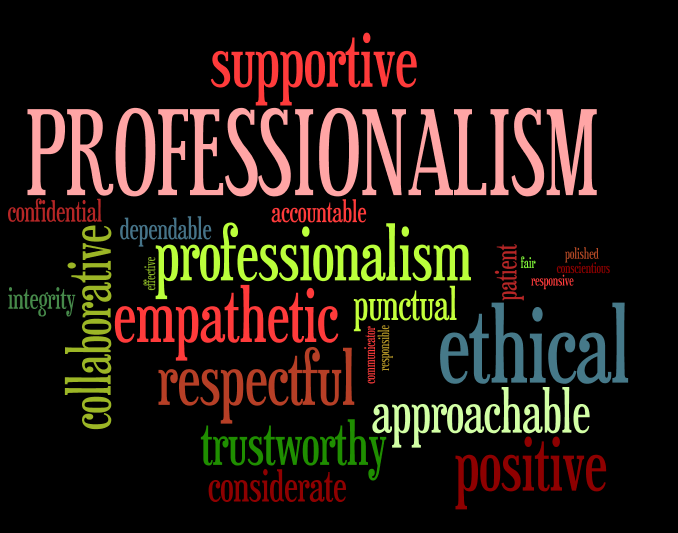What makes a good portfolio or showreel?
By Nathan Bayne

Everyone who works online or whether they would like to be noticed by more people other than through word of mouth should all have their portfolio online. Having a collection of work online has many benefits and is relatively simple to create on your own. Are you someone who would like to display your work to other people online? The following information throughout this blog includes everything you need to know about the benefits of having a portfolio and how to get started.
Getting Started
To be able to feature your work online to other people, you're going to need to create a website to display your work. If you are not very tech-savvy, there is no need to worry. If you feel like you don't have the skills to create your website from scratch, many websites actually help users create their first website as there are many responsive website templates provided by these sites. A good example of a website that does this is Wix.com. You go to their website, browse the available website templates and choose the one you like best and what would be appropriate to display your work. You then fill out the template with content with images/videos of your work and also write about yourself and what you do and aspire to be.

After completing this step, you then need to create a professional domain name. The last thing you want is for an employer not even to consider looking at your work if the domain name is not formal or is something childish. A suitable domain name can be something as simple as your name. For example, for my domain name it could be nathanbayne.co.uk. It doesn't have to be your name at all, but as long as the information is available on the site to make it easier for users to contact you, it should be alright.
Only include your best work
When creating your portfolio, you need to be careful for what work you include in it. For example, if you have created five websites, but only two of them are good, then you should only include the two sites. People looking at your work don't care about the quantity of websites that you have done before, they care more about the quality of them. If you were to put in sites that aren't your best piece of work, it could massively decrease the chances of getting employed by someone. Even if you were to have five useful websites on your portfolio and one bad one, just by having one piece of your work that has a poor quality look about it can put off an employer from even considering.

Do you feel like your work isn't up to the standard of what could be included in a portfolio? If you do feel like this, then there is no need to worry. Thousands of developers feel like this all the time and is a common thing to occur. If you feel like your work isn't up to the standard of what is expected, then you should take the time to try and improve your work overtime. Try and learn new languages or improve on your skills that you usually struggle with to help achieve how the final product will look. You're better putting a lot of time and effort into the portfolio than to rush it for the sake of being able to have a collection of work available for others quickly.
Display all work on one page
Many employers have to look through hundreds of potential recruitment's portfolios which can cause the employer to be impatient due to how long it can take to go through them all. To make things easier for the employer, you are best having all your work displayed on the one page. It will prevent the employer from having to click on each product you've produced on individual pages which may take time to load. The more natural the process for the employer, the higher the chances of employment. You could have a screenshot of the design layout of your previous websites on the main page, and if the employer wanted to check out that particular website, then you could leave a link underneath the screenshot to allow them to access the site.

Although I have said it is crucial to have all portfolio work on one page, it is alright for you to have the portfolio within a website that maybe has 4 or 5 pages. The pages could be your Home, About, Portfolio, Blog and Contact page. By having a site of this size, it allows the employer to not only have a look at your work but also to find out more about yourself and your other passions. It can be very desirable for employers to know a bit about yourself rather than just looking at the work you have previously done.
Video Example
Portfolio Examples
The following list of websites are portfolios I feel have been done well and are what you should aim to replicate:
Use a different variety of projects
Although it is important to always show your best work within your portfolio, it is also vital that you display a different variety of projects. For the sake of keeping your work interesting for the viewer, you should feature projects that demonstrate different skills that another project didn't portray. By doing this, it allows viewers to see that you have a diverse variety of skills. If you had just shown websites for example that have the same features on all sites, then the user would be able to tell you're just re-using old work and would get the impression that you don't like to learn new things. Your portfolio is the best way for you to be able to show off your skills, this is why it is so vital that you display a variety of expertise because it gives the employer the impression that you put a lot of time and effort into your projects. It will help increase your chances of gaining some work if you aim to work freelance or even getting a job.
It is OK to include non-client work

If you are unsure about whether to include a project because it wasn't done for a paid client, you shouldn't be. It is perfectly ok to include work that isn't for paid clients. The viewer/employer doesn't care whether it was paid or not; they care more about what skills you have to decide whether or not you're suited for the job. It doesn't even matter if it was a random project that even yourself just wanted to make. If it is good enough and displays your unique skills, then go for it! The more high-quality projects you have on your site, the better. It is not a good idea to leave out high-quality work even if it was a random project.
Quality over Quantity
(discussed in other posts)
The main thing you need to remember when making your portfolio is that quantity doesn't matter, quality matters. You shouldn't post all your work only for the sake of saying you have done a lot of work and have a lot of experience. It can genuinely put employers off if they have to search through all your different projects to find some unique skills. The less effort the employer has to make, the better. Let's say that you're a videographer and you have only done one high-quality video; you shouldn't feel ashamed to have a website with only one project on it because over time you will continue to add more and more content to it. Sometimes it only takes one quality project for an employer to be impresses enough to hire you.
Get a second opinion

Once you have checked over your portfolio a good few times, you must get someone else to have a look at it. It doesn't matter if they aren't involved within the field of work you're in, all it takes is for a fresh set of eyes to have a glance over your work to notice any mistake that you have made such as typos. They can also give feedback on the look of the website and if they feel like the design of it compliments what you do for work. It could be small suggestions about what the best colour scheme to use is, for example. These small changes make all the difference. The likes of a typo on your profile can look very unprofessional because it lets employers know that you haven't checked over all of your work correctly.
Continue Reading

Working in the creative industries: is freelancing the road to success?
The ups and downs of freelancing and the opportunities it can provide.
Read More 2 People Like

The importance of networking within the creative industries.
Ways on how to start networking and what benefit it brings to you.
Read More 7 People Like

IP Rights and their Importance in the Creative Industries.
IP rights discussed in depth to give you a full understanding of how it works.
Read More 6 People Like

Does the concept of professionalism apply to the creative indutries?
Professionalism does apply to the creative industries, and this will be talked about in further detail throughout the post.
Read More 4 People Like